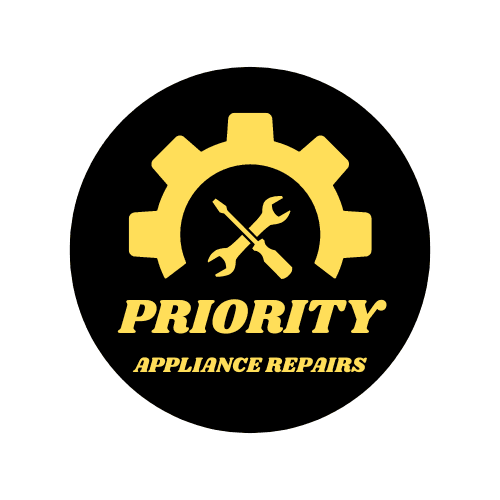Top Tips for Preventing Common Stove Issues in Raleigh Homes
Understanding Your Stove
For most Raleigh homeowners, the kitchen is the heart of the home, and the stove is its central hub. Understanding how your stove works can help you prevent common issues. Typically, stoves have either electric or gas burners, and each type requires specific maintenance techniques to ensure optimal performance.
Electric stoves operate through heating elements that convert electricity into heat. These elements can wear out over time, so regular checks are essential. Gas stoves, on the other hand, use an open flame from a gas source, making ventilation and safety checks crucial.

Regular Cleaning and Maintenance
One of the simplest ways to prevent stove issues is through regular cleaning and maintenance. This not only enhances performance but also extends the lifespan of your appliance. For electric stoves, ensure that the coils or glass tops are kept clean and free from food debris. Burnt food can cause uneven heating or damage to the heating elements.
For gas stoves, keeping the burners clear of debris is vital. Use a pin to unclog burner holes and ensure a steady flame. Also, periodically check the gas lines for any leaks or damages. A simple solution of water and soap can be used to spot leaks—look for bubbles to identify problem areas.
Addressing Common Issues
Even with regular maintenance, stoves can develop issues. Some common problems include uneven cooking, burners not lighting, or the oven not reaching the desired temperature. Addressing these early can save you from costly repairs later on.

For uneven cooking, ensure that your stove is level and that the burners are clean and properly aligned. If burners fail to light on a gas stove, check for clogged ports or faulty igniters. Electric stoves that do not heat sufficiently may need a replacement of heating elements.
Safety First
Safety should always be a priority when dealing with any appliance. For gas stoves, ensure that you have a functioning carbon monoxide detector in your kitchen. This can be a lifesaver in detecting gas leaks early on. Additionally, always turn off burners when not in use and keep flammable materials away from the stove.

Electric stove users should be cautious about not touching heating elements directly and ensuring that cords are in good condition to prevent electrical fires. Regularly inspect wires and plugs for any damage.
When to Call a Professional
While many stove issues can be handled at home, some problems require professional intervention. If you notice persistent problems like unusual odors, continuous gas smells, or electrical issues, it's time to call in an expert. Professional technicians have the tools and expertise to diagnose and fix complex problems safely.
Investing in regular professional maintenance checks can also help catch potential issues before they become significant problems, saving you time and money in the long run.
Energy Efficiency Tips
In addition to preventing issues, improving your stove's energy efficiency is beneficial for both your wallet and the environment. For gas stoves, ensure that flames are blue and even; yellow flames might indicate incomplete combustion and energy waste.

Electric stove users can save energy by matching pot sizes to burner sizes and using residual heat effectively by turning off burners slightly before cooking is complete. These small changes can make a significant impact on energy consumption over time.
Conclusion
By understanding your stove's workings, performing regular maintenance, prioritizing safety, and calling in professionals when needed, you can prevent many common stove issues. Remember, a well-maintained stove is not only more efficient but also safer for your Raleigh home.
Implementing these tips will ensure your kitchen remains a warm and welcoming space for family gatherings and culinary creations.
